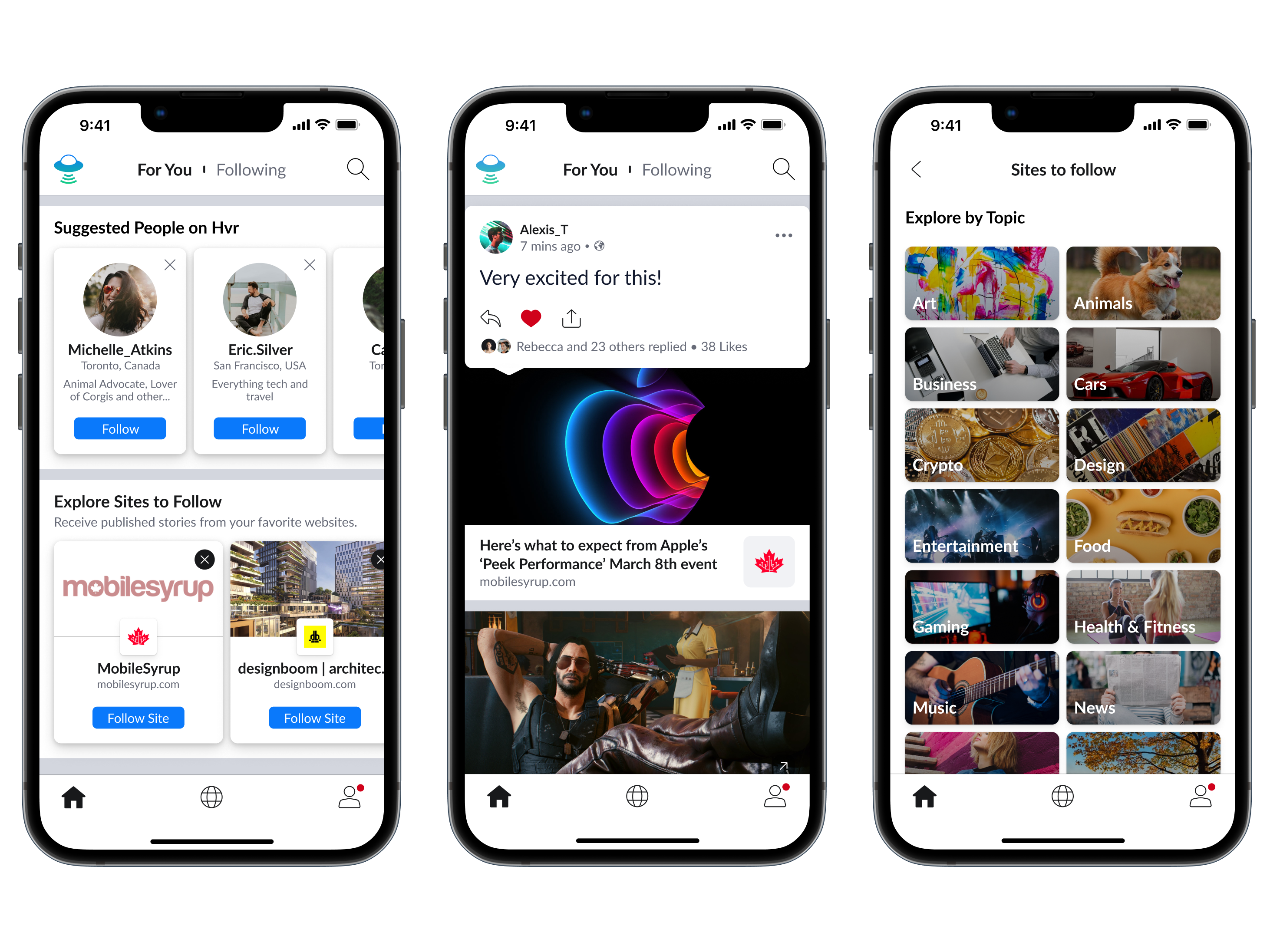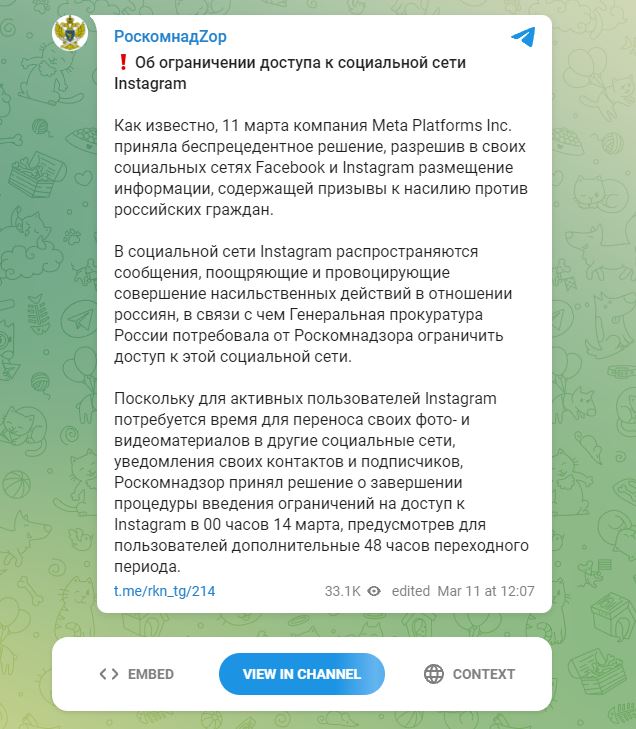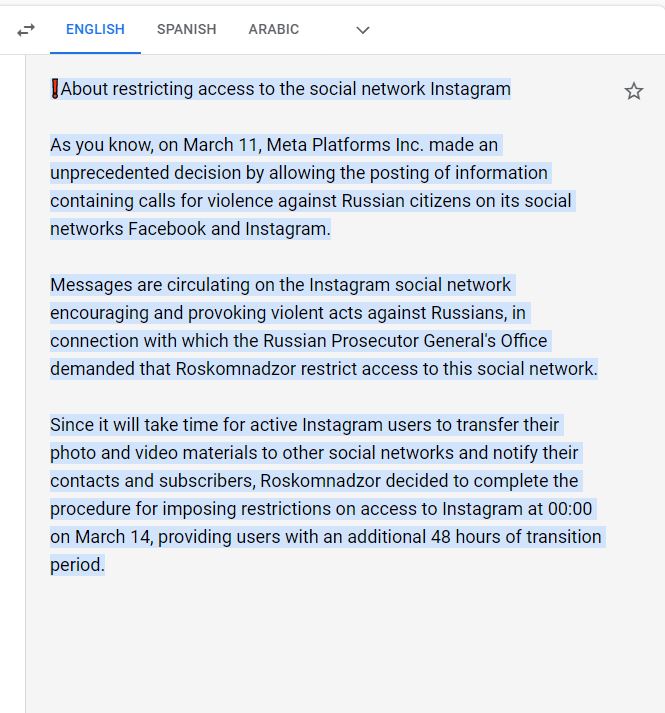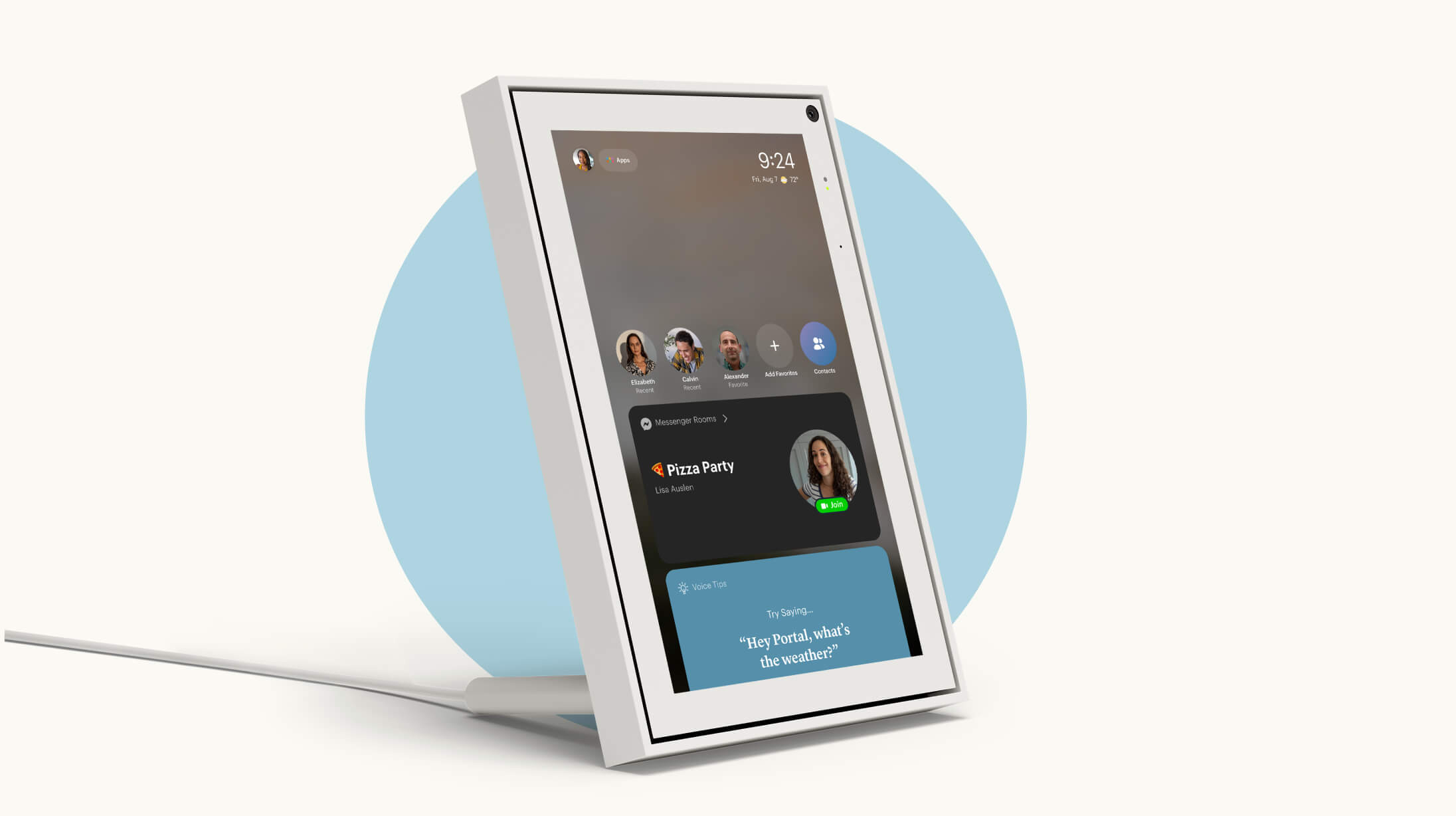The recent illegal invasion of Ukraine by Russia has left the general population on both sides appalled. And while the West can’t do much when it comes to taking action on foreign soil, several big tech and social media companies have joined forces and decided to limit, or completely cut off Russia from their services.
Note: This story doesn’t mention any financial sanctions against Russia, and instead focuses solely on social media and big tech restrictions/limitations. This story will be updated with more information as it becomes available.
Apple
Apple announced on Tuesday, March 1st that it has halted all product sales through its web store in Russia.
Heading to the Russian Apple website shows that all items, including iPhones, iPads, Macs, Apple Watch, AirPods and accessories are marked with “в настоящее время недоступно,” which translates to “currently unavailable.”
Further, Apple has disabled live traffic and live incident data from Apple Maps in Ukraine in a bid to safeguard the local population’s locations, in addition to removing Russian state-led news outlets RT News and Sputnik News from its App Store globally, except for those accessing the store in Russia.
Russians are also currently unable to use Apple Pay as the bank that facilitates the transactions in the nation — VTB has been hit with strict economic sanctions.
Reddit
Reddit initially decided to “quarantine” (shadowban) its r/Russia and r/RussiaPolitics subreddits on Tuesday, March 1st in an effort to curb misinformation originating from threads posted by bad actors. Visiting the quarantined subreddit shows a message, stating “This community contains a high volume of information not supported by credible sources.”
Said subreddits were host to posts defending the invasion, and cherry-picking reasons to justify it, including discussions about Ukrainian soldiers being Nazis, the Ukrainian population spreading misinformation and using past war/training drill photos as current and other types of false propaganda.
Since then, Reddit has doubled down on its approach and decided to outright ban any and all links that direct to Russian state-supported media outlets, including RT and Sputnik and said that it will not allow any advertisements that “target Russia or originate from any Russia-based entity, government or private” on its platform.
Netflix
Netflix announced on Wednesday, March 2nd that it has decided to put all future projects it had undertaken in Russia on hold.
The Los Gatos, California-based streaming service had four Russian originals planned, including a Dasha Zhuk-directed crime thriller series that was in the works but has since been put on hold.
Further, Netflix was recently added to Russia’s list of ‘audiovisual services,’ and was due to oblige to new obligations starting March 1st. One of the new obligations was for Netflix to stream 20 Russian federal television stations. Since then, Netflix has responded and said that it won’t comply with the new rules.
Microsoft
In a blog post published on Friday, March 4th, Microsoft president Brad Smith announced that the company will “suspend all new sales” in Russia.
“We are coordinating closely and working in lockstep with the governments of the United States, the European Union and the United Kingdom, and we are stopping many aspects of our business in Russia in compliance with governmental sanctions decisions,” Smith wrote.
Microsoft specifies that its decision will only affect “new sales.” It’s currently unclear what that could mean for current Windows, Office, Microsoft 365, Azure, and Xbox users in Russia.
EA
EA, undoubtedly one of the biggest game developers and publishers out there announced that it is removing all Russian club and international teams from its FIFA and NHL titles.
The company announced its decision in simultaneous Tweets posted its FIFA and NHL accounts:
The move from EA further’s the International Ice Hockey Federation (IIHF), Fédération Internationale de Football Association (FIFA) and Union of European Football Associations’s (UEFA) decision to kick out Russian international and club teams from real-world sports.
In addition, EA is ceasing all operations in Russia and will stop selling its games and content, including virtual currency bundles, in Russia and its ally Belarus. “our games and content will no longer be available for purchase in our Russian region storefront on Origin or the EA app, including through in-game stores. We are also working with our platform partners to remove our titles from their stores and stop the sale of new in-game content in the region,” reads EA’s statement.
Google and YouTube
Google condemns the unjust violence in Ukraine, and as a result, the Mountain View, California-based company has disabled the Live traffic layer, in addition to information on how busy restaurants and stores are from its for Google Maps. The move should deter Russian forces from spotting concentrations of the Ukrainian population, and the ones trying to leave the country but are stuck in long roadblocks on the location and navigation service.
Additionally, on Friday, March 4th Google suspended all of its ad sales in Russia. “In light of the extraordinary circumstances, we’re pausing Google ads in Russia,” the company said in a statement given to Reuters. “The situation is evolving quickly, and we will continue to share updates when appropriate.”
This applies to all of Google’s offerings, including Google Display Advertising, Google Search, Google News and YouTube.
YouTube previously blocked Russian state-backed media outlets like RT and Sputnik from earning ad revenue, but the new rule suspends said channels from running ads completely.
Meta-owned Facebook and Instagram
In response to the ongoing conflict, Meta has blocked state-run media accounts like Russia Today on both Facebook and Instagram in the EU, UK and Ukraine. While the ban only applies to those three regions, the media outlets have been shadowbanned globally. What this means is that the state-run accounts are still live and posting, their content will be severely demoted and not recommended to anyone.
Additionally, state-run media outlets can no longer run earn-through ads on all Meta-owned platforms globally.
As a form of retaliation, the Russian government banned Facebook on Friday, March 4th, stating that the social media company had infringed the country’s rules by limiting, and in some cases, outright abolishing access to state-backed media.
Twitter
Along with Meta and its subsidiaries, Twitter has also taken down Russian state-run media accounts in EU and Ukraine, and paused ads in both Ukraine and Russia “to ensure critical public safety information is elevated and ads don’t detract from it.”
Snapchat
While Snapchat’s private format helps it avoid the spread of misinformation, and its Discover and Spotlight sections are pre-moderated, the Santa Monica, California-based company said that it will be swift to remove instances of misinformation regarding Ukraine or Russia on the platform if and when it finds any.
The company has stopped all advertising in Russia, Belarus and Ukraine and says it will stop advertising sales to all Russian and Belarusian entities. “We do not accept revenue from Russian state-owned entities,” reads its release.
Russia Today, or similar Russian state-backed media outlets were never allowed to distribute content through Snapchat.
Snapchat is still available to users in Russia.
TikTok
TikTok announced on Monday, February 28th that it has geographically blocked access to Russian-state-run media outlets like Sputnik on its platform in the EU. The channels remain available and visible on TikTok for users outside the EU.
Nintendo
On Friday, March 4th, Nintendo announced that it has suspended payments via the Russian Nintendo eShop, which means users in Russia would no longer be able to purchase video games, DLC, or download free demos.
Visiting the website currently shows a message in Russian, which roughly translates to “Due to the fact that the payment service used in Nintendo eShop has suspended the processing of payments in rubles, Nintendo eShop in Russia is temporarily placed into maintenance mode.”
CDProjekt Red
Warsaw, Poland-based CD Projekt Red announced in a Tweet on Thursday, March 3rd that it has decided to pause selling its games in Russia and Belarus. The developer states that it is working with its partners to suspend all digital sales and cease physical stock deliveries, along with halting its game sales through GOG.
“We know that players in Russia and Belarus, individuals who have nothing to do with the invasion of Ukraine, will be impacted by this decision,” reads CDProjekt Red’s statement. “With this action we wish to further galvanize the global community to speak bout what is going on in the heart of Europe.”
Poland, home of CDProjekt Red shares its border with Ukraine and Belarus.
Disney
Disney announced on Tuesday, March 1st that it will stop releasing its theatrical films in Russia.
“Given the unprovoked invasion of Ukraine and the tragic humanitarian crisis, we are pausing the release of theatrical films in Russia, including the upcoming ‘Turning Red’ from Pixar,” a Disney spokesperson said in statement given to CNN. “We will make future business decisions based on the evolving situation.”
Canadian service providers
Several Canadian TV service providers, including Bell, Rogers, Telus, Shaw, Access Communication and VMedia have pulled the state-backed RT channel from their respective lineups.
Image credit: Shutterstock














